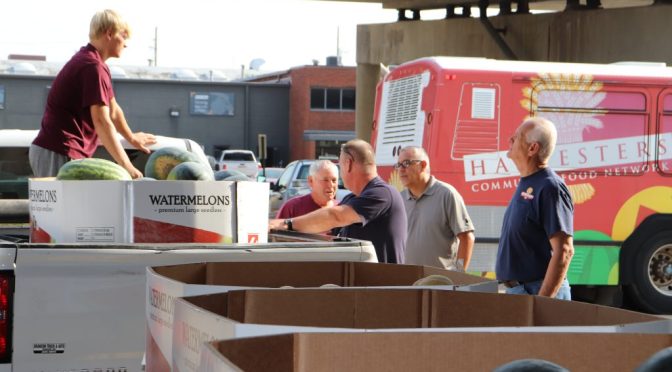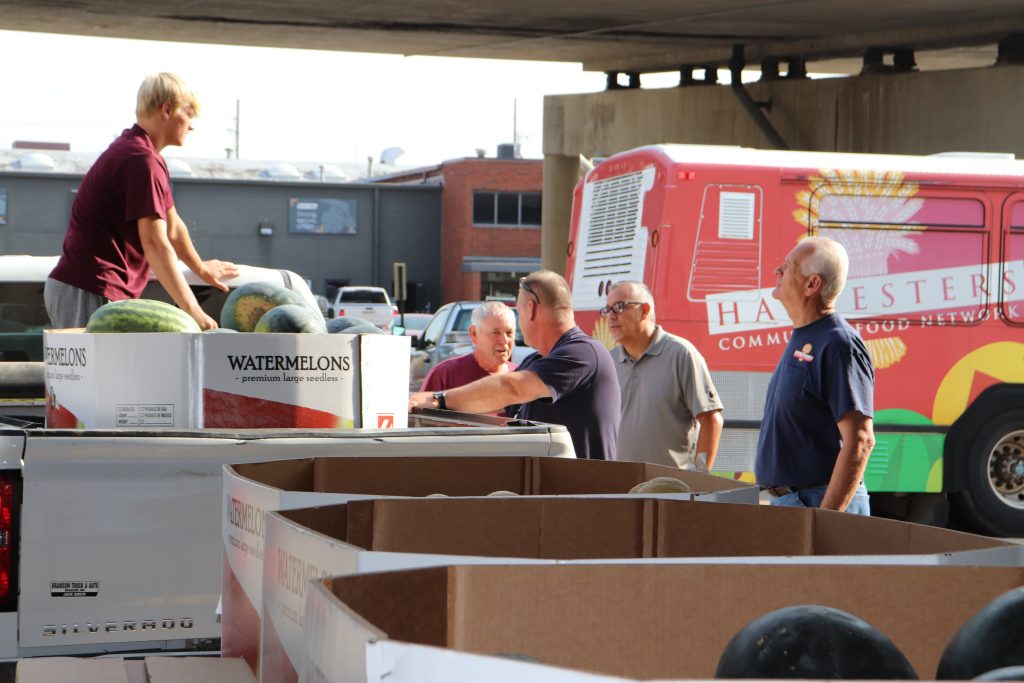Kansas Submits Five-Year, $451M Action Plan to Expand High-Speed Internet
TOPEKA – Governor Laura Kelly announced today that the Kansas Office of Broadband Development has submitted the state’s comprehensive Broadband Equity Access and Deployment (BEAD) Five-Year Action Plan (FYAP) to the National Telecommunications and Information Administration (NTIA). The required action plan details how universal connection will happen in Kansas, and the planned use of the $451 million NTIA has allocated to the state.
The plan underscores Governor Kelly’s commitment to ensuring every Kansan has access to reliable and affordable high-speed internet and the skills necessary to thrive in a digitally-driven society.
“Access to reliable high-speed internet is no longer a luxury — it’s a necessity for education, health care, economic growth, and overall quality of life,” Governor Laura Kelly said. “This plan moves us toward achieving universal broadband availability in Kansas, ensuring everyone from business owners to students can succeed in today’s digital age.”
Submitting the FYAP is a crucial step in securing federal funding for the state’s broadband initiatives. The plan outlines the path to making high-speed internet available to all Kansans, with a focus on unserved and underserved areas.
The BEAD FYAP consists of a comprehensive strategy that includes the Kansas Office of Broadband Development’s (KOBD) vision to provide universal access to quality broadband, with specific goals and objectives aimed at broadband coverage, adoption rates, and economic growth. This plan also identifies existing programs and assets to reduce overlap and to leverage resources.
“The BEAD FYAP outlines a strategic approach to leverage existing programs, partnerships, and resources toward the goal of universal broadband access,” Lieutenant Governor and Secretary of Commerce David Toland said. “By combining public and private efforts, we can maximize the impact of our investments and create a robust broadband infrastructure that supports economic growth and innovation for decades to come.”
The plan identifies challenges such as supply chain constraints, labor shortages, digital skill gaps, and how to overcome these obstacles. Presenting a projected timeline, costs and strategies to close gaps in broadband service and ways to ensure fair digital access, the FYAP aligns with state agencies and partners, including NTIA, the federal funding agency.
“Our team has worked tirelessly to draft a comprehensive plan that aligns with the NTIA’s guidelines while addressing our state’s unique challenges and opportunities,” KOBD Director Jade Piros de Carvalho said. “This plan is a roadmap to providing high-speed connectivity to areas that have historically been left behind and bringing affordable broadband access to every corner of Kansas.”
The plan’s alignment with NTIA guidelines, its inclusive approach, and its strategies to address challenges reflect the state’s commitment to empowering Kansans with essential connectivity.
For more information about the Five-Year Action Plan, click here.
###


